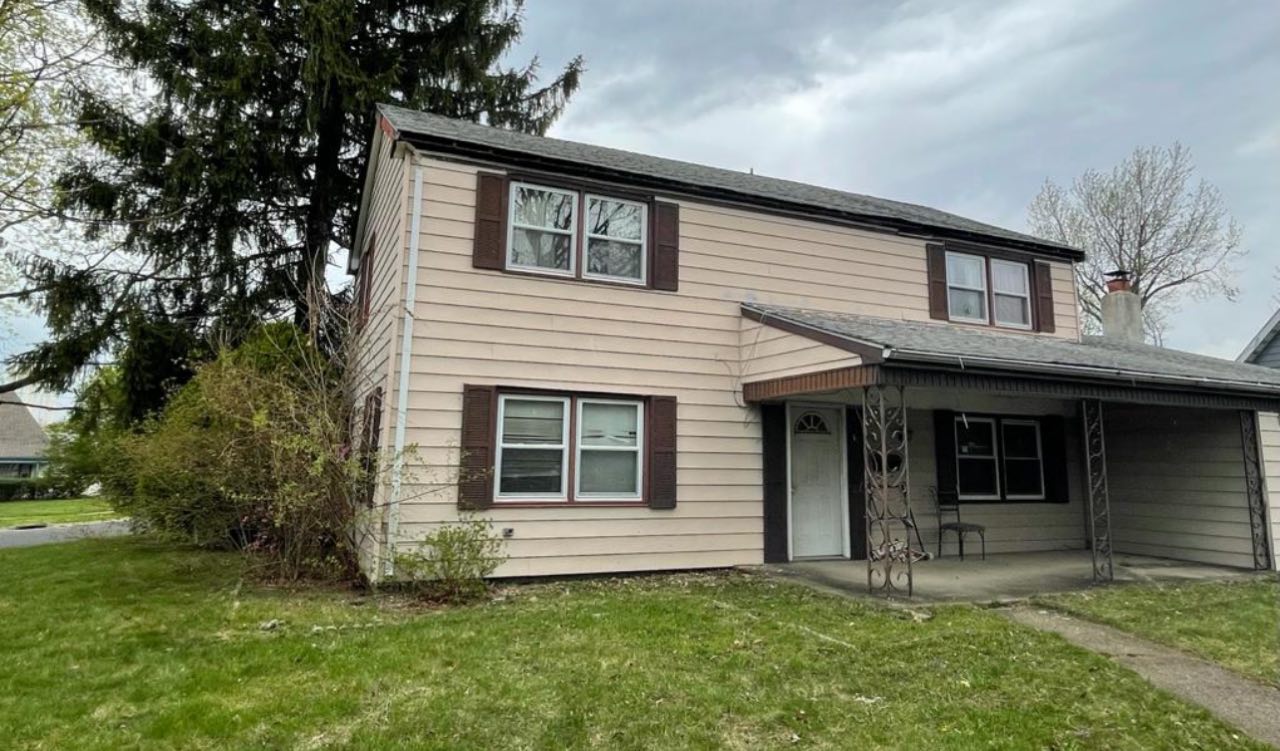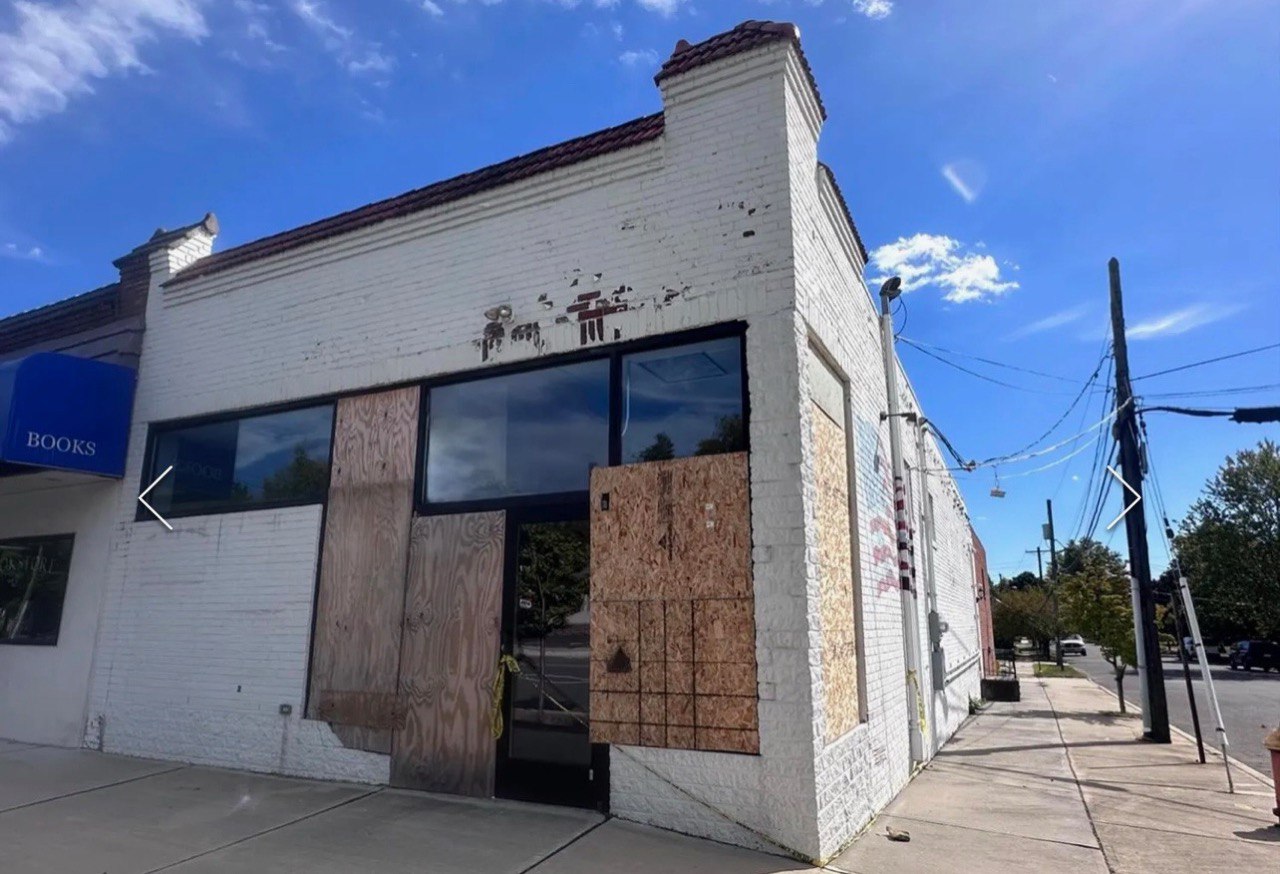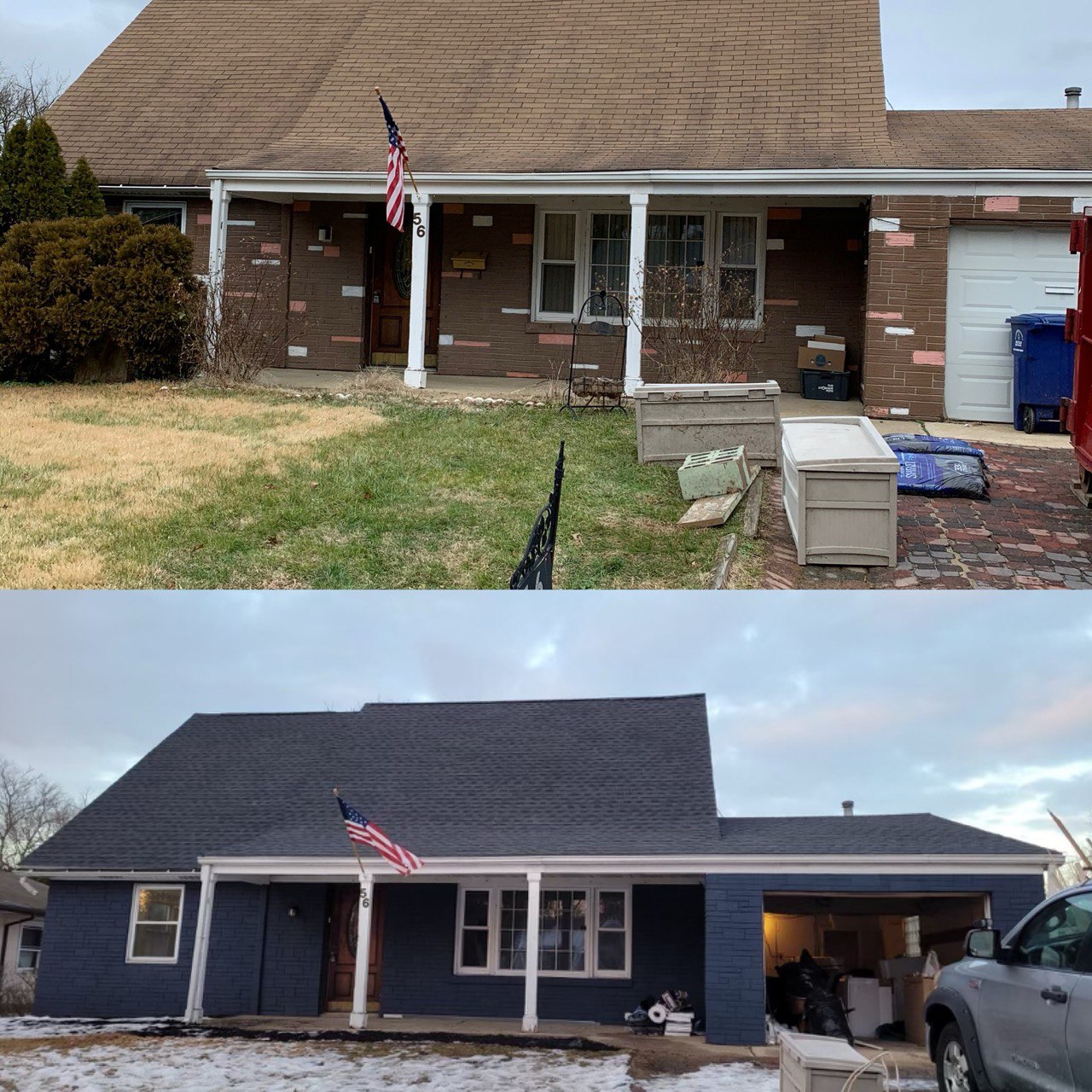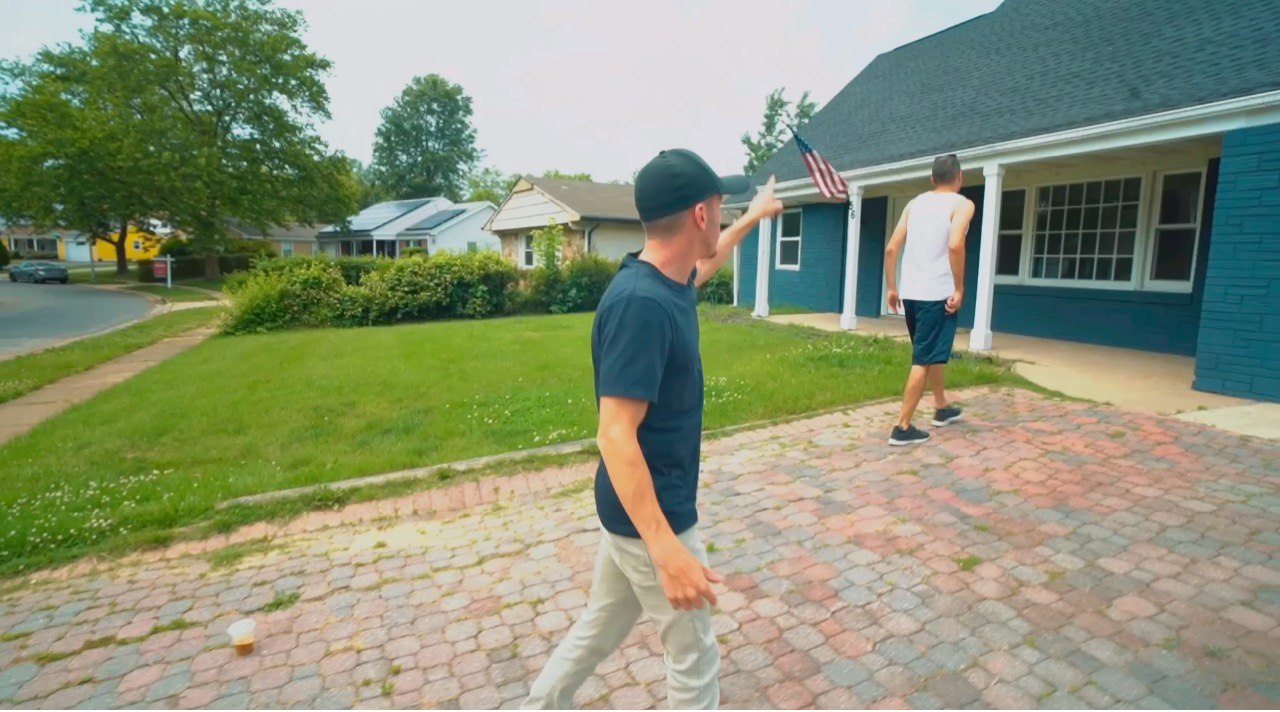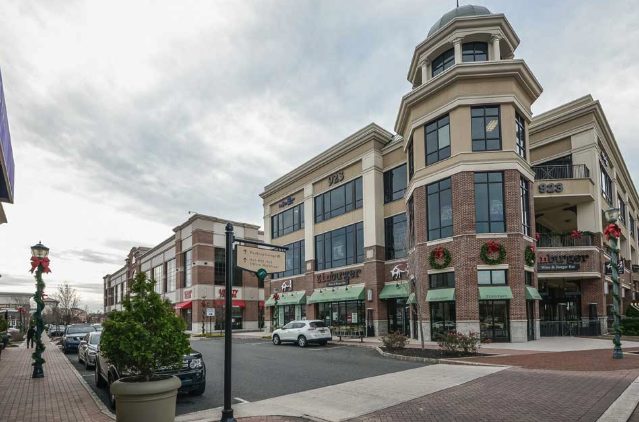Foreclosures Are Rising—But New Jersey Plays by Different Rules
Author: Ricky Morgan
If you follow real estate news, you’ve probably seen headlines warning about rising foreclosure rates across the country. Some folks are already bracing for a 2008-style collapse. But let’s cut through the noise—what’s really happening, and how does New Jersey compare to the rest of the U.S.?
As someone who actively buys distressed homes in New Jersey, I’ve got boots-on-the-ground experience watching foreclosure trends. And here’s what I see:
✅ Yes, foreclosures are increasing—but it’s nowhere near 2008 levels.
✅ New Jersey’s foreclosure process is brutally slow, keeping a backlog of properties from flooding the market.
✅ Many of today’s distressed sellers have equity, meaning they can sell before foreclosure hits.
✅ High demand in New Jersey keeps prices stable, unlike in states where supply is skyrocketing.
So, should you be worried? Maybe—but not for the reasons you think. Let’s break it down.
The National Foreclosure Surge: A Reality Check
Across the U.S., foreclosure filings have jumped nearly 20% year over year, and repossessions are rising. Mortgage rates shot up, and many buyers who stretched their budgets in 2021–2022 are feeling the squeeze. Some markets—especially in overbuilt states like Florida, Texas, and Arizona—are seeing an uptick in distressed sales as homeowners struggle to keep up with payments.
But here’s the thing: most foreclosures today aren’t from risky loans like in 2008. The biggest factor? Job loss, high interest rates, and homeowners who simply can’t afford their new payments after pandemic-era forbearance programs ended.
For those who bought homes in fast-appreciating cities like Austin or Tampa, some are realizing their properties aren’t worth as much as they thought. Flippers and short-term investors are taking losses, and institutional landlords who overleveraged on rental properties are dumping inventory.
But that’s not what’s happening in New Jersey.
New Jersey’s Unique Foreclosure Market
1. New Jersey’s Foreclosure Process Moves at a Snail’s Pace
New Jersey isn’t Texas. You can’t just miss three payments and have the bank kick you out in 90 days. Our foreclosure process is one of the longest in the country—taking up to 1,200 days (yes, over 3 years) from the first missed payment to final sheriff’s sale.
This means distressed properties trickle into the market rather than flood it, keeping prices stable.
I’ve seen homeowners in Newark, Trenton, and Paterson live in pre-foreclosure for years while banks drag their feet. By the time the home actually gets listed, demand has already soaked up most available properties.
2. Many Distressed NJ Homeowners Have Equity
Unlike in 2008, most homeowners aren’t underwater on their mortgages. Even those in foreclosure often have enough equity to sell before the bank takes their home.
I’m seeing this firsthand—sellers reaching out to us at Savannah Properties with a foreclosure notice in hand, realizing they can still sell and walk away with cash. That wasn’t the case in the last crash, where homeowners were upside down with no way out.
If you’re in trouble, waiting for the bank to take your home is the worst thing you can do. Selling while you still have equity is your best move.
3. New Jersey’s Housing Supply Is Too Tight for Prices to Collapse
I invest in Phoenix, Arizona, where developers pump out thousands of homes every year. In places like that, foreclosures can drag prices down because there’s too much inventory.
New Jersey? The opposite.
- Small towns with strict zoning laws make large-scale development nearly impossible.
- High property taxes keep flippers and out-of-state investors from flooding the market.
- Homeowners hold onto their properties for decades, meaning fewer new listings.
Even in foreclosure-heavy areas like Camden or Atlantic City, supply is so low that homes still sell quickly, even in distress.
Will We See a Wave of NJ Foreclosures in 2025?
I don’t think so. Foreclosures will rise slightly, but nothing catastrophic. Here’s why:
- Homeowners have options. Many still have enough equity to sell before losing their homes.
- Demand in NJ is too strong. Foreclosures won’t create a surplus of inventory, keeping prices stable.
- Lenders don’t want another 2008. Banks have been more willing to work out payment plans instead of mass-repossessing homes.
That said, if you’re thinking of selling your home fast—especially if you’re behind on payments—don’t wait. The sooner you act, the more control you have over your situation.
At Savannah Properties, we specialize in helping distressed homeowners find solutions before foreclosure wrecks their credit. Whether it’s selling quickly for cash or figuring out your best options, we’re here to help.
Thinking of selling? Contact us today for a no-obligation offer.
Final Thoughts: Foreclosures Are Rising, But NJ Isn’t 2008
New Jersey is a different beast when it comes to foreclosures. Unlike in 2008, when banks dumped distressed homes on the market and tanked prices, today’s foreclosure wave is a slow drip—and most homes still have equity.
If you’re in a tough spot with your mortgage, don’t wait until it’s too late. Selling now, while prices are high, can keep you from losing everything to the bank.
And if you’re an investor? Now is the time to start watching the market. Deals will pop up—but don’t expect 50% off fire sales. Smart investors know that in NJ, even distressed properties hold their value.


